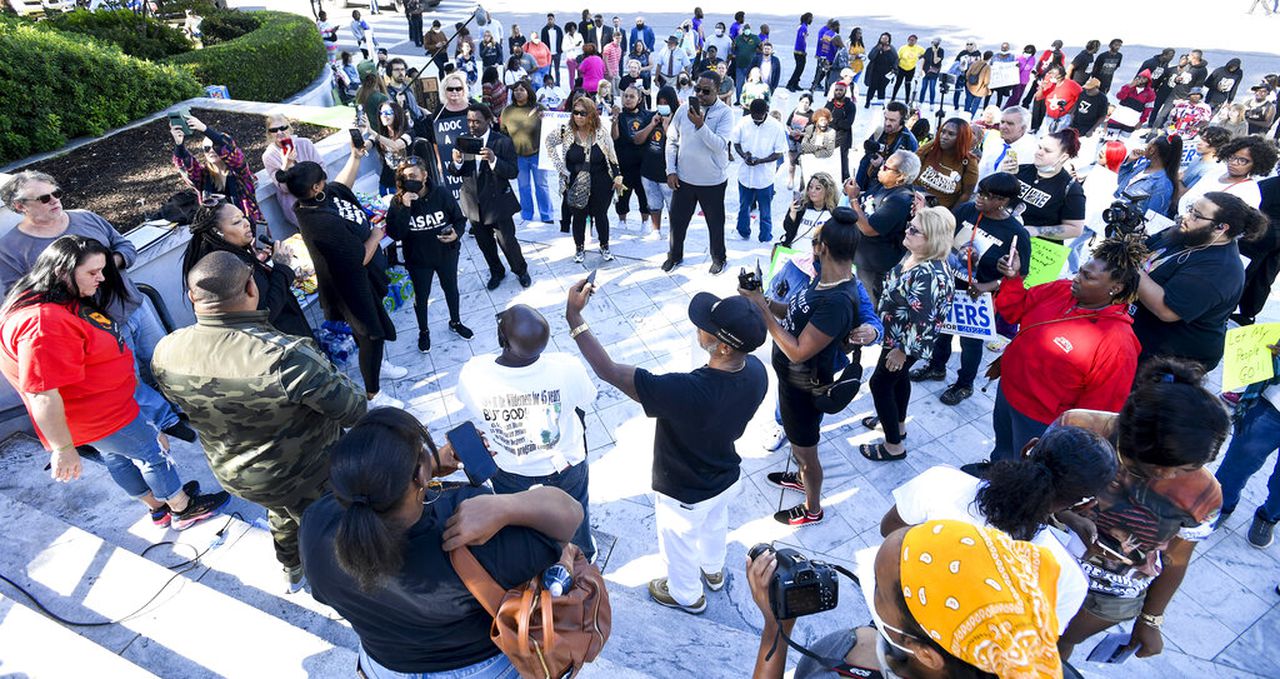Department of Corrections says inmate work stoppage has ended
A work stoppage by state inmates that started three weeks ago to demand changes in Alabama’s overcrowded, violent, and understaffed prisons has ended, the Alabama Department of Corrections said today.
The prisons are resuming regular meal service, regular inmate movement, and inmate programs, the ADOC said.
“These three weeks have been very challenging for the staff at ADOC, and I am very proud of the way they have risen to that challenge,” ADOC Commissioner John Hamm said in a press release. “The daily operations of the state’s correctional facilities involve many moving pieces, and it takes a huge effort under the best circumstances to ensure those pieces work together smoothly. I want to commend every member of ADOC staff for going above and beyond to make sure all critical services were maintained.”
The work stoppage began Sept. 26 in conjunction with a protest outside the ADOC offices in Montgomery. Relatives of inmates and former inmates took party in the rally and called for better conditions and medical care in prisons, as well as sentencing reforms and more paroles granted.
Inmates stopped doing the unpaid work that keeps prisons functioning, such as food, janitorial, and laundry services. Prisons reduced food service to two meals a day and restricted inmate movement during the strike.
More than 200 people took part in another protest at the Alabama Capitol on Friday. Organizers placed tombstones on the white marble steps to represent the men who died in Alabama prisons from suicides, murders and overdoses, according to the Associated Press.
“Men are being murdered. Men are overdosing. Men are taking their own lives,” said Eric Buchanon, a former inmate who does prison ministry, according to AP. “Somebody said, ‘Well, how can we stop people from taking their own lives?’ Well, if you had enough officers operating the prisons, who could monitor these men like they are supposed to, that would help.’”
The U.S. Department of Justice sued the Alabama prison system in December 2020, alleging that the state holds men in conditions that violate the Constitution because of inmate-on-inmate violence and excessive force by correctional staff. The ADOC has been unable to hire officers to address a severe staffing shortage.
The state has acknowledged problems in its prisons but denies the DOJ’s charges of constitutional violations. A federal judge has issued scheduling orders telling both sides to prepare for trial in 2024.
